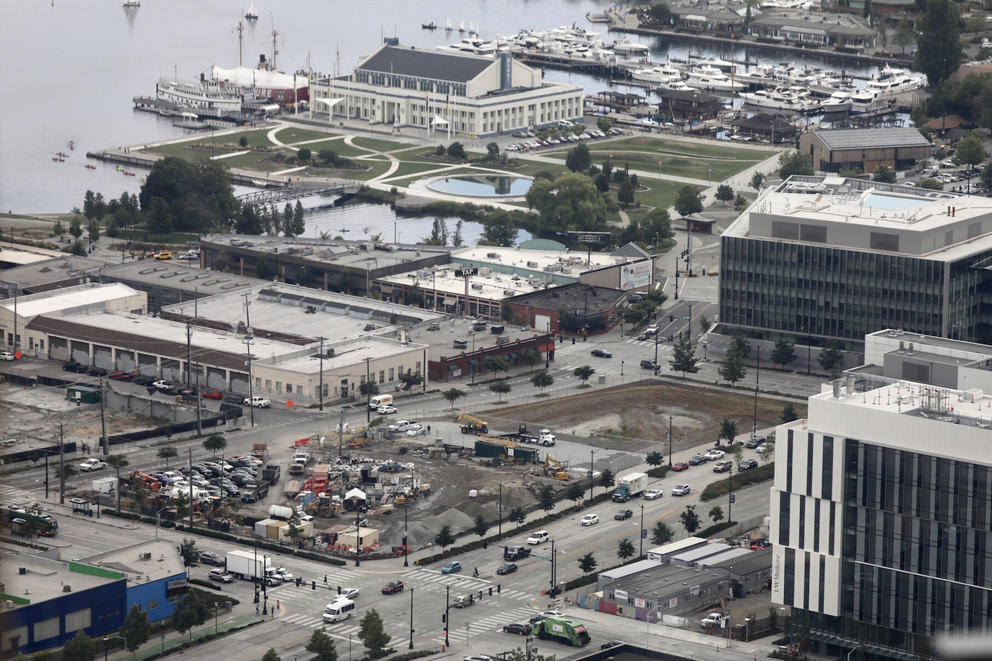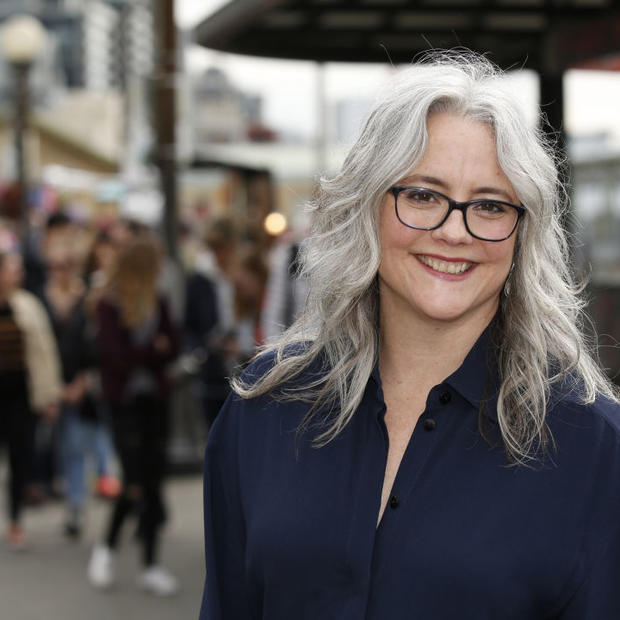The City of Seattle has a terrific opportunity to build hundreds of affordable apartments on two full blocks of surplus public land in the heart of South Lake Union. This opportunity for much needed workforce housing has emerged unexpectedly, and we should seize it.
Olympia recently passed House Bill 2382, allowing local governments to transfer surplus property for affordable housing. The high cost of land has been a barrier to affordable housing in our city. This new law removes that barrier, allowing the city to transfer surplus land for free, or below market price, specifically for the development of affordable housing. This month, however, Mayor Jenny Durkan intends to sell the city’s surplus Mercer Mega-block – nearly 3 acres of public land at the corner of Mercer Street and Dexter Avenue N. – to a private developer.
Our housing crisis is worsening. There is simply not enough housing affordable to folks who work here and want to stay here, and city leaders are struggling to find actionable solutions. A two-block parcel of surplus public land, with a maximum zoned height of 280’ for residential projects, offers a stunning opportunity for permanently affordable workforce housing in one of our region’s key job centers.
Where is the aspiration in a simple sale of the land? Where is the leadership? Why is the city looking to dump public land that could provide our community affordable housing? We could build new housing combined with open space, childcare, or perhaps a downtown school.
Investors looking to develop commercial projects in South Lake Union still have a multitude of options. There is no need to rush this sale.
While there are presently thousands of high-end apartments being built or under permit in South Lake Union, the city’s own modeling anticipates just 40 affordable units would be built there or in a similar development downtown. This is nowhere near enough. Yes, some additional affordable housing will be funded through HALA’s Mandatory Housing Affordability (MHA) fees. But the Mercer Mega-block offers a walkable and bikeable location, close to thousands of jobs, with numerous transit options.
Great cities that have more stable, affordable housing markets take strategic advantage of situations like this. The city of Amsterdam owns over 80 percent of its land, and through ground leases, maintains an active role in promoting and preserving affordable housing. Over the last few years, height-averse Paris has been building skyscrapers on city-owned land for dense, affordable housing. The city of Vienna has huge success with leveraging city-owned land for affordable housing and shared open space, building densely where it makes sense. Seattle can and should be doing the same.
This is a singular opportunity for Seattle to do something innovative, equitable and grand.
Another smart new state law could also guide the development of the Mercer Mega-block: SB 5450 that expands the use of mass timber construction. The new green technology is remarkable for its beauty and environmental benefits. An 18-story mass timber tower was completed in Vancouver last year, and a 22-story mass timber building is underway in Vienna.
Our neighbors in eastern Washington are working hard to grow our state’s mass timber industry. Let’s jump start this vision with a dense, mass timber, mixed-income, family-friendly, low-energy development – in the middle of the region’s major job center, near a great city park, and adjacent to transit.
We should not be selling these blocks to the highest bidder. We should be using this publicly owned land for public benefits and affordable housing. Imagine the example we could set for cities around the world. Keep public lands in public hands!




